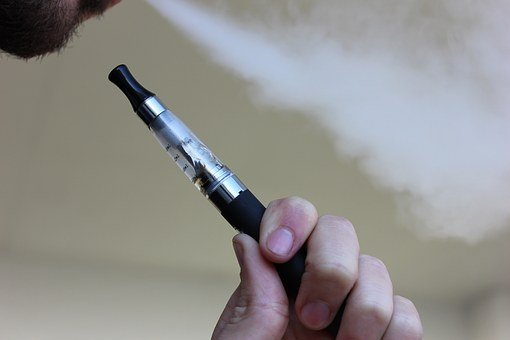
Researchers at Baylor College of Medicine conducted a study on the use of electronic cigarettes. Which it was published in the Journal of Clinical Investigation, which shows that chronic exposure to vapors of cigarettes alters lung unction in mice and also decreases the ability of immune cells to respond to viral infections. These alterations were observed with nicotine vapors without merit further research on the effects on people of solvents in e-cigarettes that have been considered safe until now.
Ecigarettes are currently snuff substitutes most commonly consumed by adolescents. More than 3 million young people and about 10 million adults in the United States are active users, said Dr. Farrah Kheradmand, pulmonologist and professor of medicine at Baylor College of Medicine.
Studies on e-cigarettes have reported negative and alarming health effects, while others indicate that they are safe when they snuff compared to cigarettes.
These differences on the security of e-mails, motivated to investigate the effects of chronic exposure to vapors of e-cigarettes and smoke conventional snuff in lung function in mice, Kheradmand, who also dictates the chair Nancy Chang, Ph said .D in the Biology of Inflamation Center at Baylor.
the effects of vapor or smoke also study the function of immune cells called macrophages residing in the lungs. These cells represent a first line of defense against viral infections such as those caused by influenza virus.
The experimental design consisted of fourth group of mice. One group was exposed to vapors of ecigarettes nicotine and common solvents propylene glycol and vegetable glycerine in the ratio (60/40) present in ecigarettes. A second group received solvent vapors alone without nicotine. After the comparison was made of the groups of mice exposed to smoke snuff or clean air.
Mice were exposed to snuff smoke or fumes e-cigarettes for 4 months following an equivalent to a person who starts smoking during their teenage years until his fifth decade of life regime. This regime proportion smoking greatly increases the risk that people develop emphysema, a condition where the lungs are damaged and cause shortness of breath.
The researchers found that mice that were chronically exposed to smoke snuff lungs were badly damaged with excessive inflammation similar to that found in smokers with emphysema.
But Kheradmand, Madison and colleagues were surprised to discover that vapors ecigarettes containing propylene glycol and vegetable glycerine (without nicotine), which are currently considered safe solvents, also damaged lungs. Researchers did not see inflammation and emphysema, but instead found an abnormal accumulation of lipids (fats) in the lungs that alter their function and structure.
It was also found that the accumulated fat came from solvents but abnormal recycling protective fluid in the lungs. abnormal lipid accumulation within macrophages resident in the lung was observed. When mice were exposed to influenza virus, macrophages with abnormal lipid accumulation responded very little to infection.
This means that discovered that regardless of nicotine, chronic inhalation of vapors ecigarettes altered lung function in mice and decreases the capacity of resident immune cells to respond to viral infections, which increases susceptibility to diseases such as influenza, Kheradmand said. The findings have commonalities with previous reports describing the presence of macrophages full of lipids in people with pneumonia associated with e-cigarettes. Our findings suggest that more research on the solvents used in e-cigarettes are made.
Sort: Trending